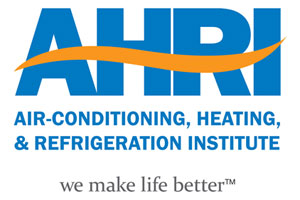AHRI and UNEP Agree on Global Qualification Program for Refrigerant Supply Chain Networks

This agreement supports an international initiative to continually educate service technicians on the safe use and handling of refrigerants, especially new refrigerants that may contain flammable components. Drawing from the global experience of other companies, service technicians, wholesalers and educators, will allow for the development of a well rounded list of best practices.
More importantly, clearly defined safety practices will increase the rate at which technicians and consumers will transition to more environmentally friendly refrigerants.



